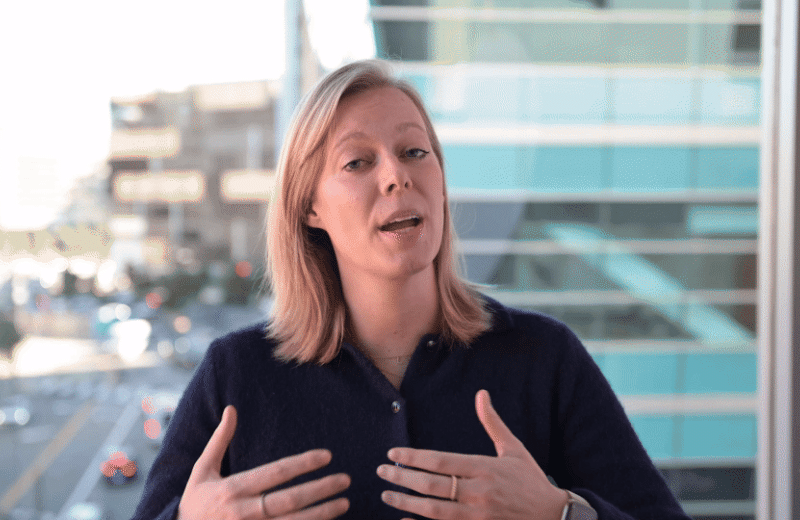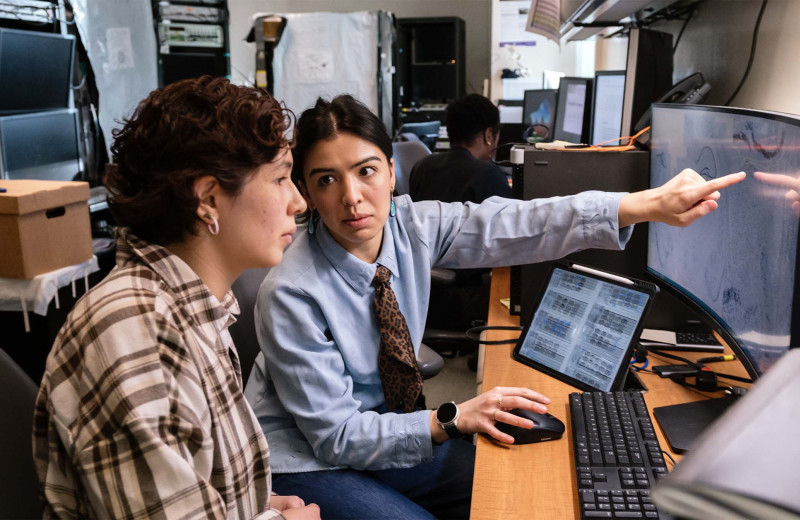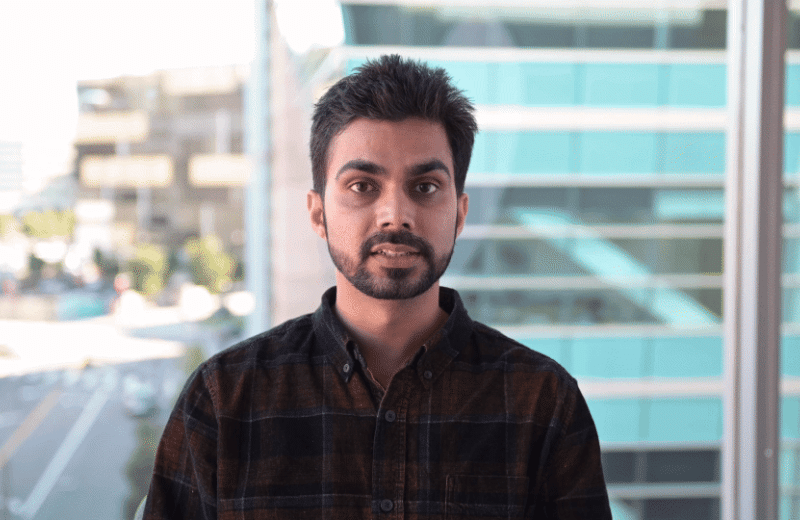Gladstone NOW: The Campaign Join Us on the Journey✕

Sudha Krishnamurthy is the program director for the Office of Postdoctoral and Graduate Student Affairs. She joined Gladstone in 2015 after completing a postdoctoral fellowship at the University of Texas. She holds a degree in clinical dentistry and a PhD in cancer biology from the University of Michigan.
What brought you to Gladstone?
I finished my postdoctoral training in cancer stem cell and genomics at the University of Texas MD Anderson Cancer Center and decided to move to the Bay Area for personal reasons. I had made the choice to move to non-bench roles in science and was starting to explore a few career options when the postdoctoral office director at MD Anderson, whom I had worked with before, told me about Gladstone and this position. During my graduate training at the University of Michigan and in my postdoc at MD Anderson, I had been an active member of student committees, so she suggested that I consider this role. I had known Gladstone as one of “The best places to work for postdocs” and I knew the science, so I was excited to be a part of Gladstone.
What do you like about Gladstone?
The people and the science. In my last 3 years here, I have gotten to know some amazing people. We are a small enough institution with such high-quality science that it’s a pleasure to get to know everyone and the work they do.
What do you like about working with trainees?
I love working with all our postdocs and graduate students as I can relate to a number of their experiences, having been one not very long ago. I love the enthusiasm, passion, and love for science they bring to Gladstone on a daily basis. It’s richly rewarding for me to get to know them and work towards helping them realize their dreams.
What is one piece of advice you would give to someone interested in a career in science?
“Think outside the box!” Very often, we believe life and career will be a straight path, but in reality, life is quite unpredictable. I believe that developing innovative thinking and being open to change can go a long way in being successful.
Can you describe one of the people who influenced your career?
My career has revolved around science and people; and my parents had a great impact on influencing my choices. My mom (a biology teacher) got me into science, dentistry, and research, while my dad (who was in human resources) fostered my love for working with people.
What do you do when you are not working?
These past few years, I seem to spend an excessive amount of time on BART! But otherwise, I spend time with my family. My husband and I have a 2-year-old daughter who keeps us on our toes. Though I don’t do these much now, I am a passionate reader, avid hiker, and love talking to people (I do this still!!!).
If you could learn to do anything, what would it be?
I would love to learn to speak every language in the world! Lofty, right? And hopefully, I would follow up with visiting the countries where each language is spoken.
What is your hidden talent?
Not many people at work might know this, but I’m a passionate advocate of tobacco cessation. It’s not exactly a talent, but working on oral cancers for a good part of my life, first as a clinician and then as a researcher, my passion developed in educating people on the dangers of tobacco usage. Considering the huge amount of idiopathic cancers that exist, prevention of identifiable causes can go a long way toward a better life.
Name one thing that not many people know about you.
I have lived in four different time zones in the US, which is something that people are intrigued to know about me. I have also witnessed a number of natural disasters: earthquakes in India and the US, a tornado in Michigan, floods in Texas, as well as a tsunami and tropical cyclones in India. I’m not sure I ever want to visit a volcano, considering my track record!
If you could meet any scientist from any point in time, who would it be and why?
I think it would be two different people, both for the impact of their discoveries on clinical science. Louis Pasteur for his germ theory of disease and vaccinations, and Sir Alexander Fleming for his discovery of penicillin. In my medical rotations in dental school, we did extensive field studies to areas with under-resourced medical facilities. It never failed to impact me how many lives are saved daily because of our current knowledge of diseases and the availability of antibiotics.
Want to Join the Team?
Our people are our most important asset. We offer a wide array of career opportunities both in our administrative offices and in our labs.
Explore CareersMeet Gladstone: Alisa Dietl
Meet Gladstone: Alisa Dietl
Alisa Dietl brings her international training and clinical perspective to Gladstone, where she works to engineer more effective cancer immunotherapies for solid tumors.
Graduate Students and Postdocs Profile Cancer Pelka LabVoices of Outstanding Mentorship
Voices of Outstanding Mentorship
Three recipients of Gladstone’s Outstanding Mentoring Award share their personal approaches to mentorship and reflect how this passion has shaped their own growth as leaders.
Profile Roan Lab Graduate Students and PostdocsMeet Gladstone: Shyam Jinagal
Meet Gladstone: Shyam Jinagal
Shyam Jinagal explores how genetics, aging, and regeneration shape the heart—and how those insights could one day restore heart function after injury.
Graduate Students and Postdocs Profile Cardiovascular Disease Srivastava Lab



